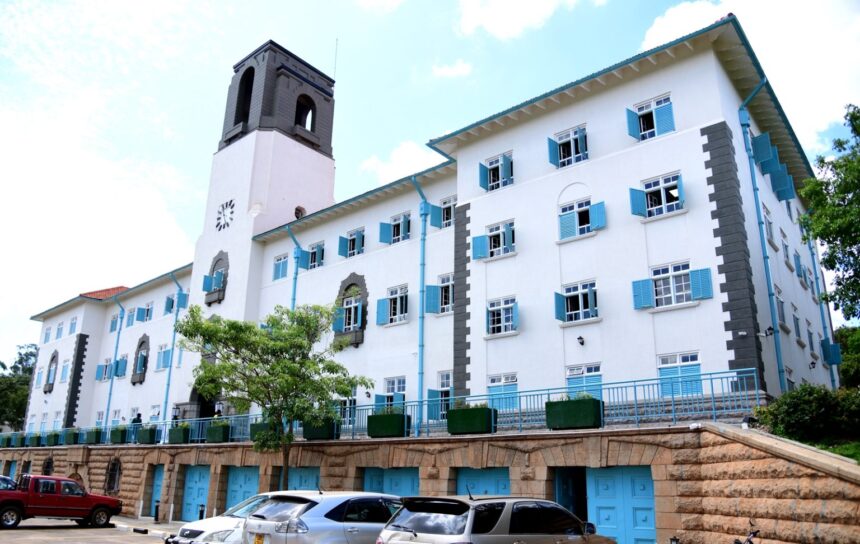Makerere University is preparing to lay off approximately 500 non-teaching staff as part of a broad restructuring effort aimed at improving operational efficiency.
The decision, which emerges from a comprehensive evaluation initiated by the University Council in 2024, has raised substantial questions regarding transparency and fairness in the process.
The alarming news was brought to the forefront during a parliamentary session by Kira Municipality MP Ibrahim Ssemujju Nganda, who voiced his apprehensions about the impending job losses.
Ssemujju stated that numerous university employees had approached him, seeking assistance in addressing their uncertainties over the cuts. “Honourable Speaker and members, some staff from Makerere met me and informed me that the university is going to restructure. Close to 500 staff are set to lose their jobs,” he reported.
This restructuring plan finds its roots in ongoing tensions surrounding inequitable salary treatment between non-teaching staff and their academic colleagues.
For years, non-teaching personnel have lamented significant pay disparities, particularly following government salary adjustments that tended to overlook their contributions.
This tension has frequently erupted into strikes and public demonstrations, showcasing deeper issues related to governance and equity within Makerere University’s human resource policies.
Deputy Speaker of Parliament Thomas Tayebwa echoed Ssemujju’s concerns, advocating for an equitable and transparent restructuring process. “The Ministry of Education should take note of this matter. The process must be transparent and fair,” he stated, emphasizing the importance of due diligence in such significant workforce changes.
In a response that acknowledges the situation, Betty Kyakuwa, the acting deputy chief of public relations at Makerere University, confirmed the layoffs and reiterated the university’s commitment to transparency.
She explained that the restructuring was a result of extensive consultations involving both academic and administrative units and would include the outsourcing of cleaning and security services as part of its operational







